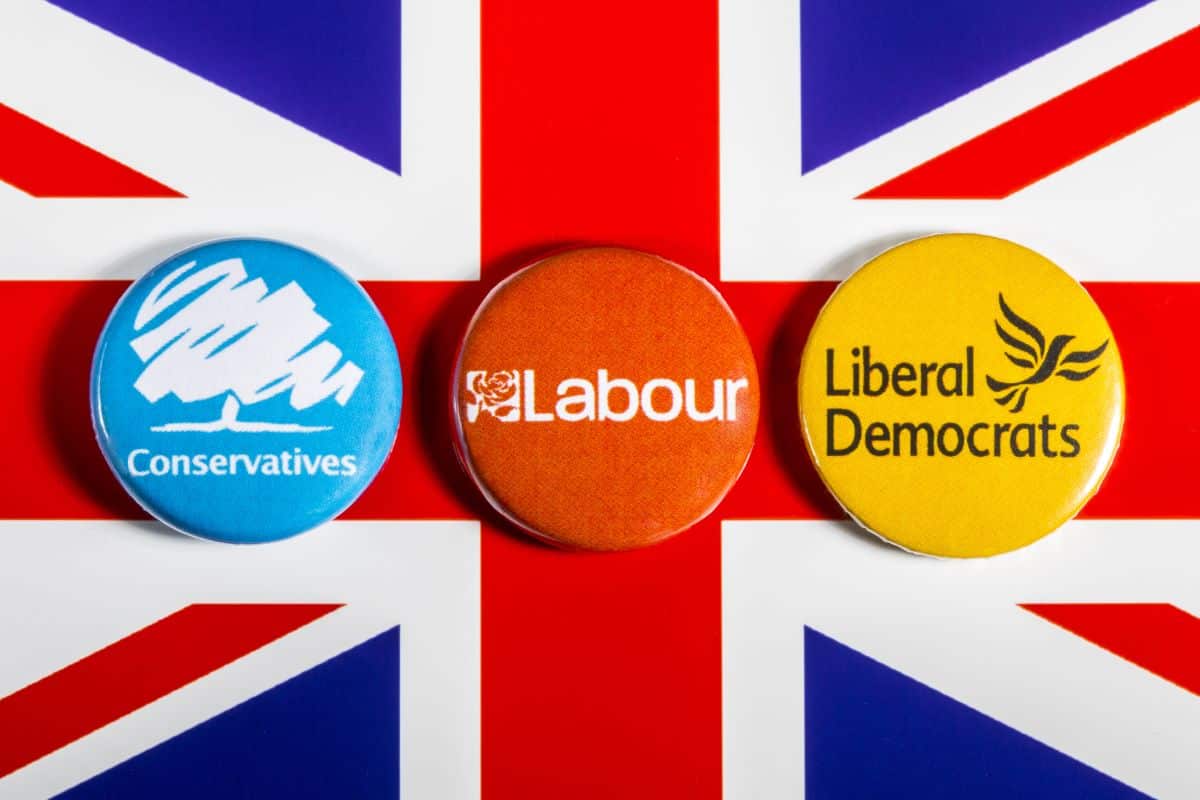Both Labour and the Conservatives have pledged not to raise VAT, income tax rates, or National Insurance if elected, instead focusing on economic stability through frozen tax thresholds until 2028, impacting millions of taxpayers through fiscal drag. Here’s the full story.
Tax Plans
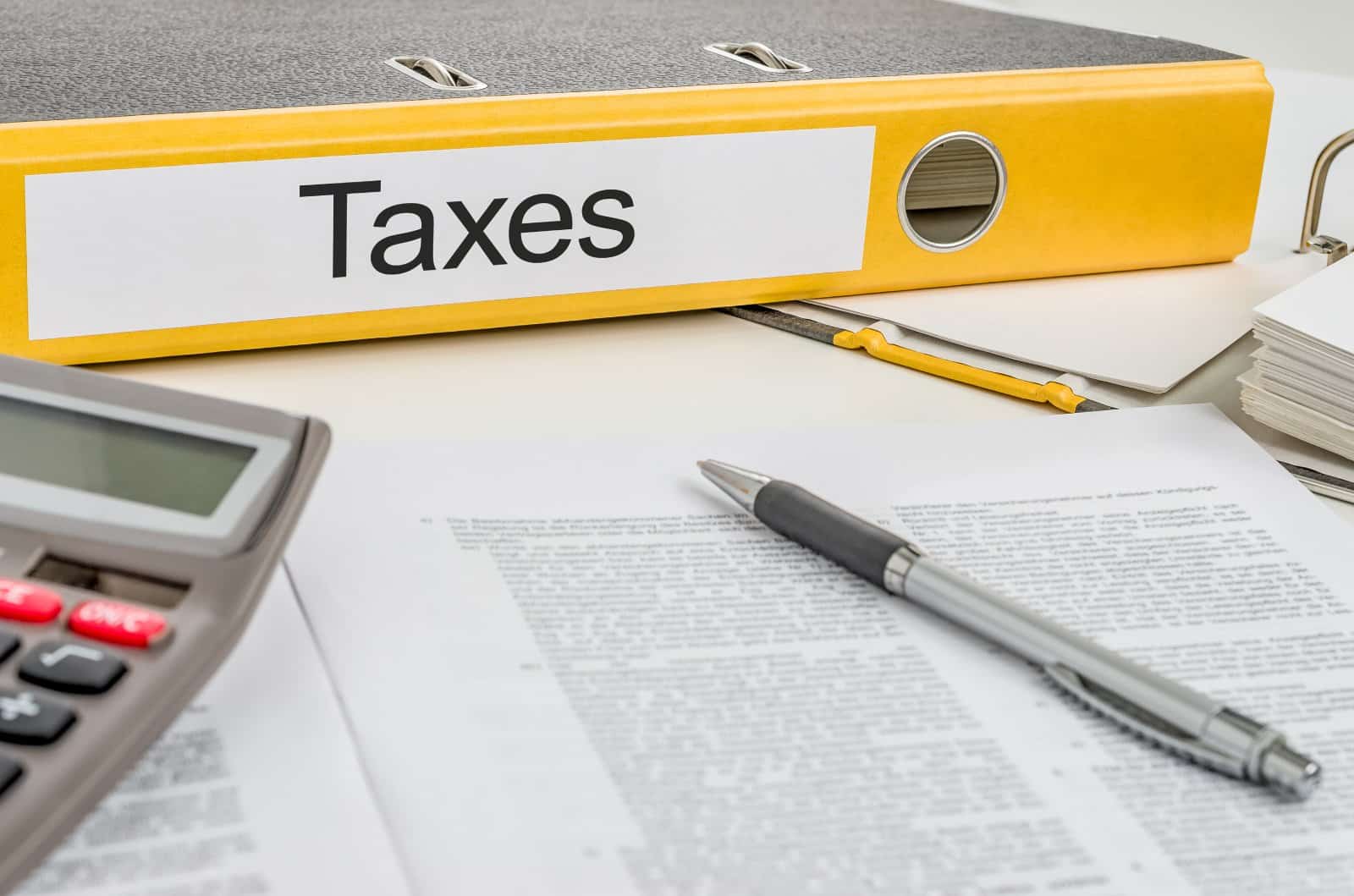
In the lead-up to the general election, Labour, the Conservatives, and the Liberal Democrats have all been setting out their tax plans should their party wield the power of the tax office.
Significant Pledges

All the parties have made significant pledges concerning value-added tax (VAT) and a whole host of other taxes.
VAT Rise Ruled Out
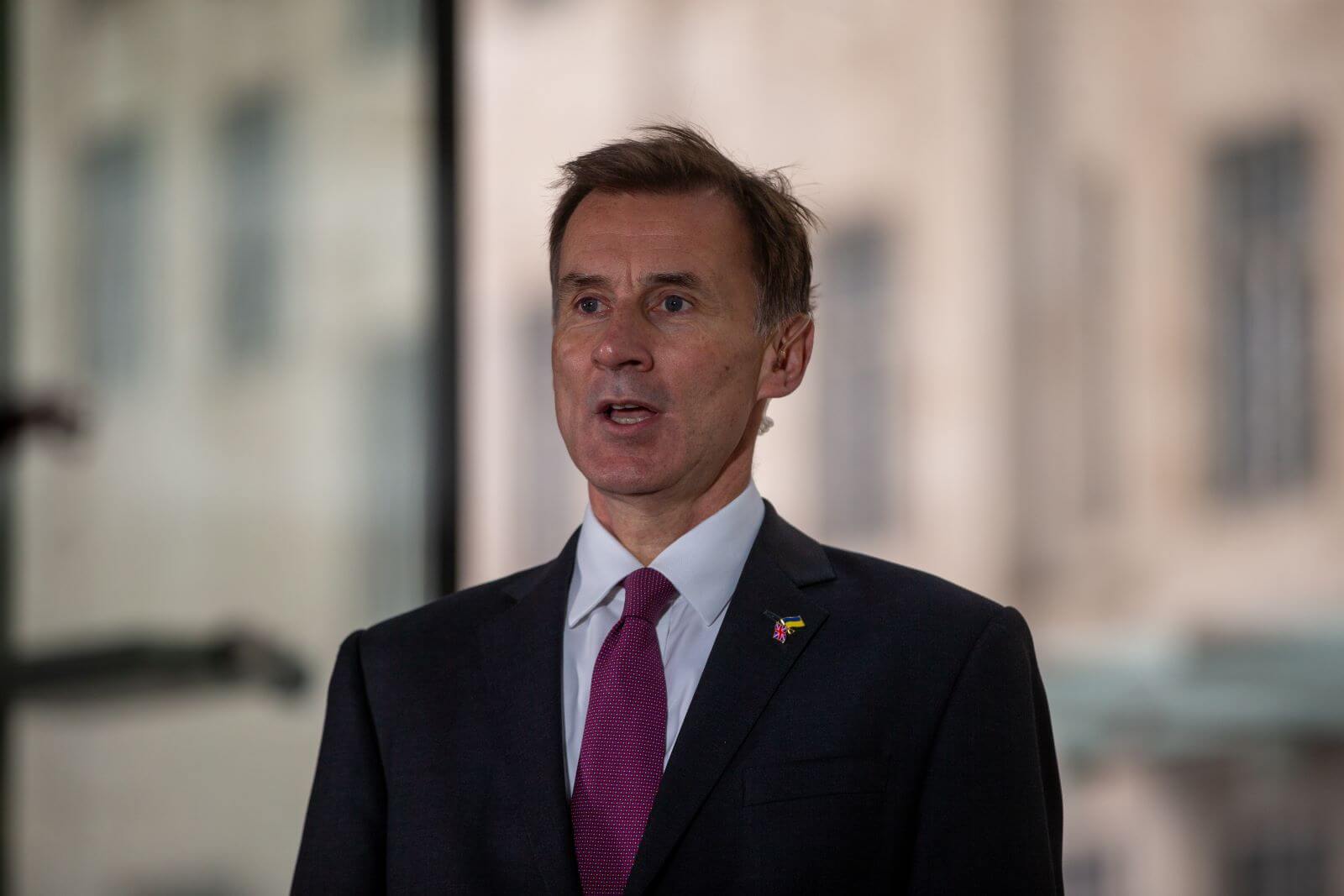
In an article for the Telegraph, Chancellor Jeremy Hunt explicitly ruled out raising the main rate of VAT during the next Parliament.
Deliberately Evasive

He called on Labour to commit similarly, suggesting they had been deliberately evasive when the issue was raised in recent interviews.
“Nonsense”
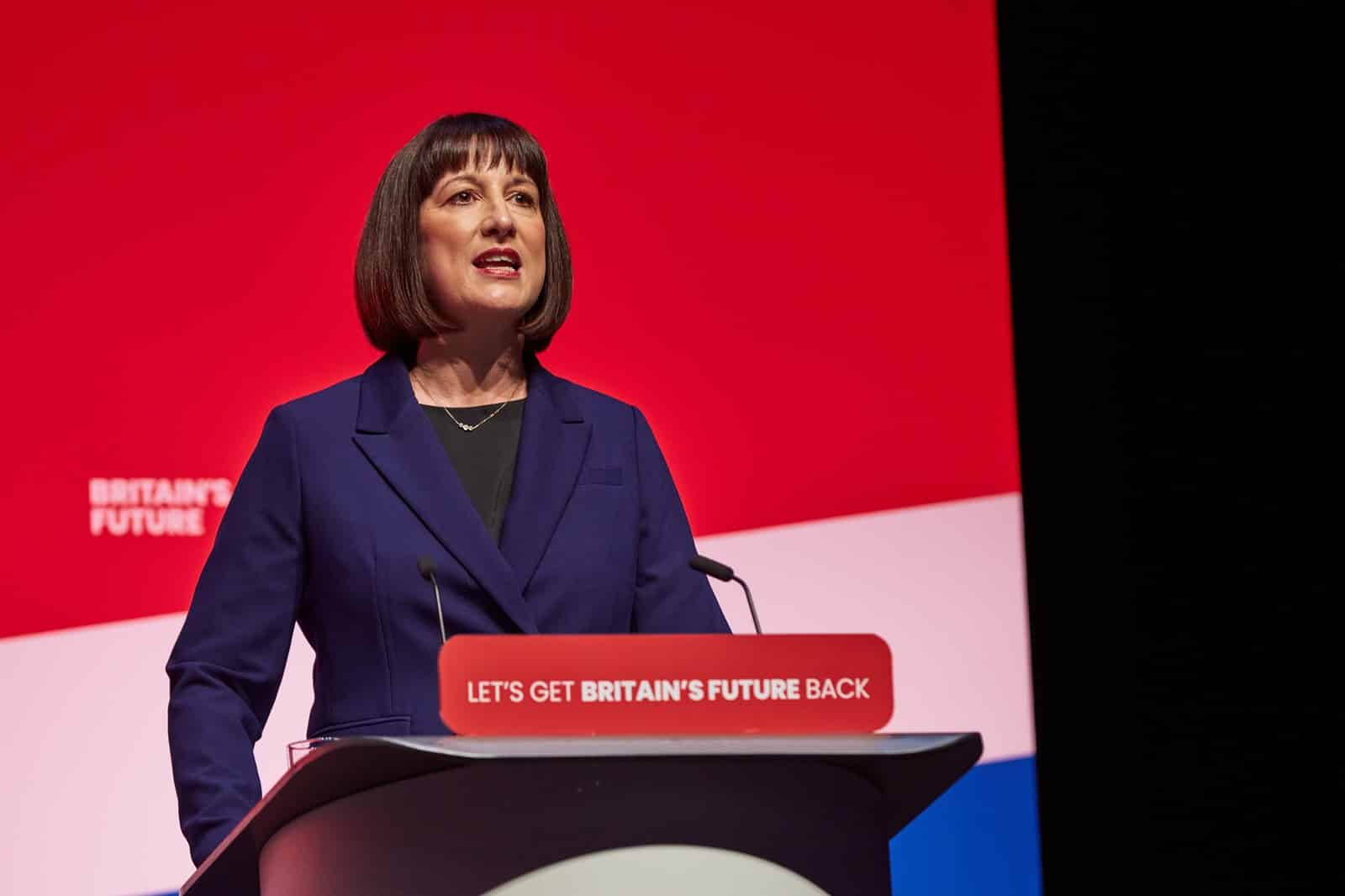
Shadow chancellor Rachel Reeves took up this direct challenge and dismissed any claims of a planned VAT increase as “nonsense.”
Both Parties Commit
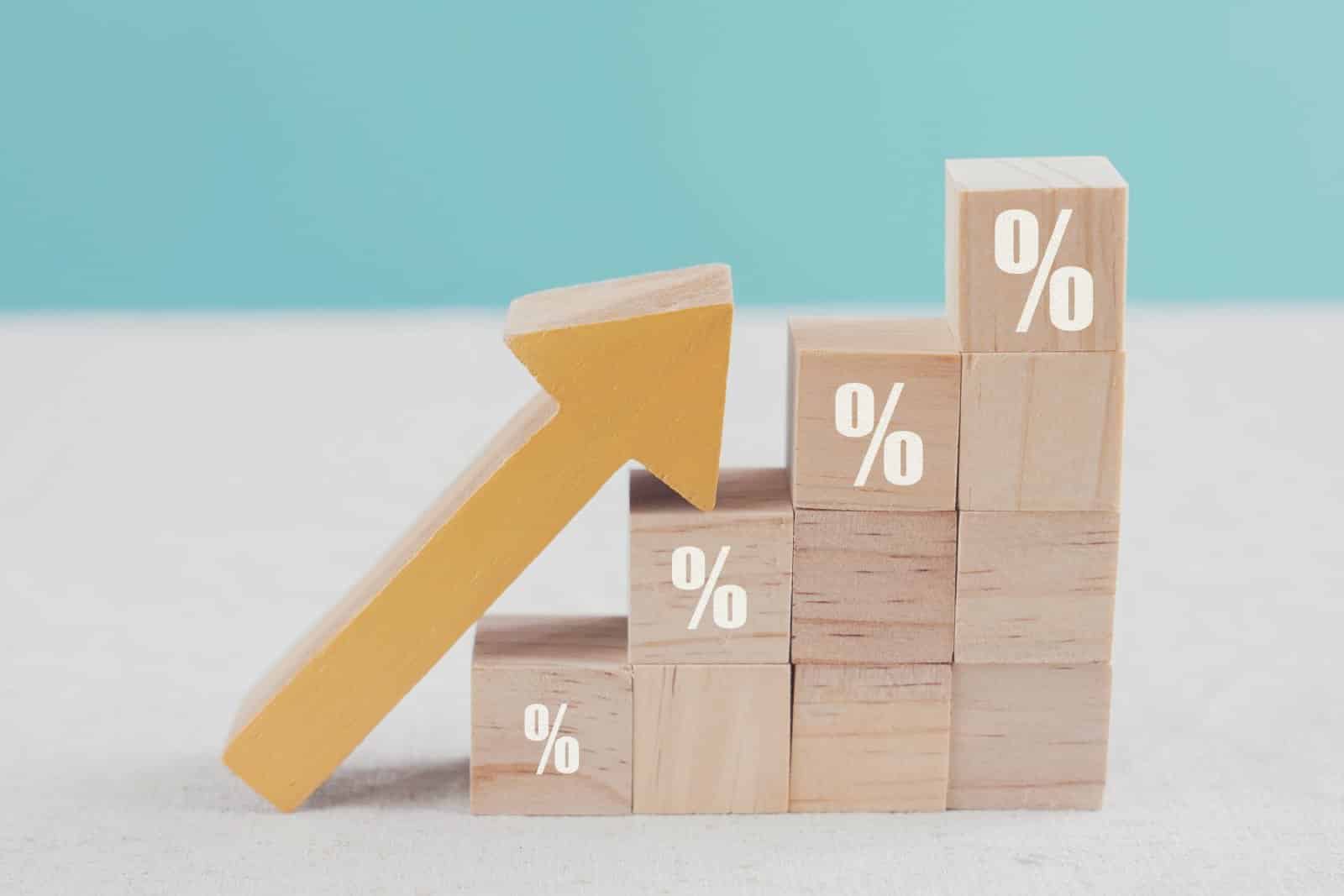
Both major parties have committed to not raising VAT, income tax rates or National Insurance.
Government Revenue Source
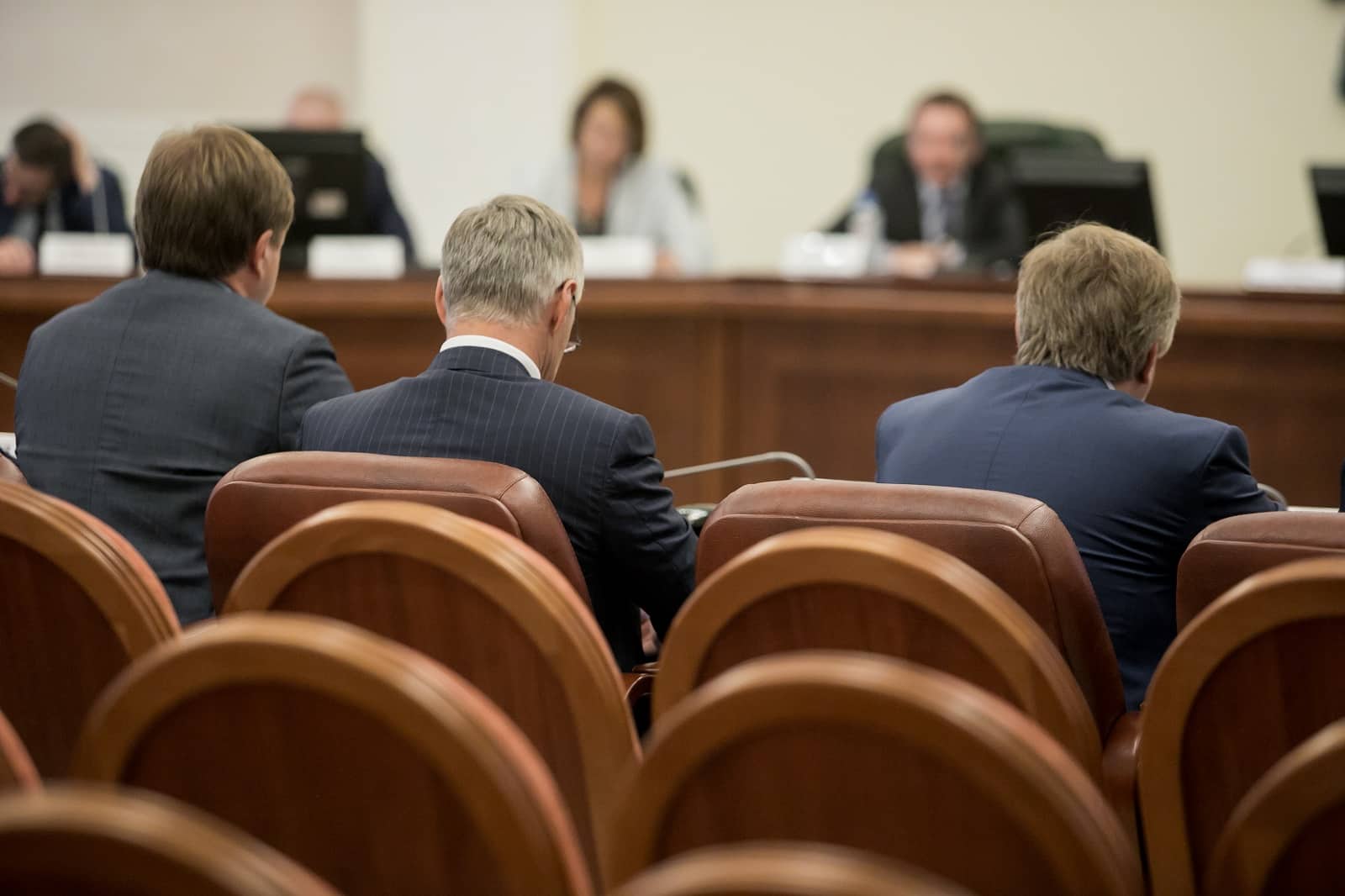
These taxes represent the most significant sources of revenue for the government and amount to the largest and most reliable income from personal taxation.
Tax Rises

However, Hunt acknowledged that income tax would still rise indirectly due to freezing thresholds until 2028, a strategy that both parties intend to follow.
Higher Tax Bands

This freeze is expected to pull millions of people into higher tax bands as their earnings increase.
Matching Promises
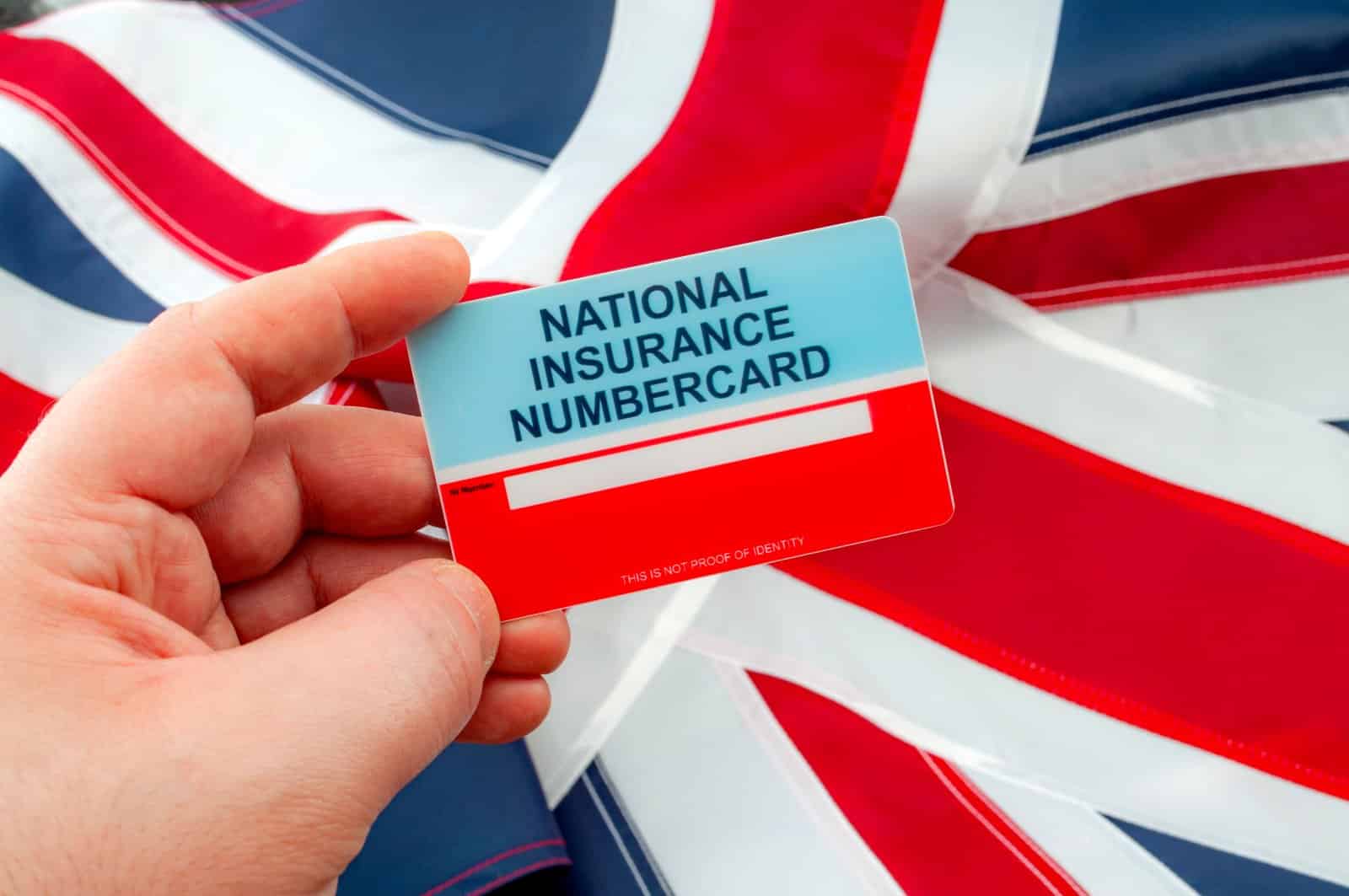
Labour has been at pains to present a vision of economic stability should its party win the election, matching the Conservatives’ promise not to increase income tax rates, National Insurance, or VAT if they come to power.
Private School Fees
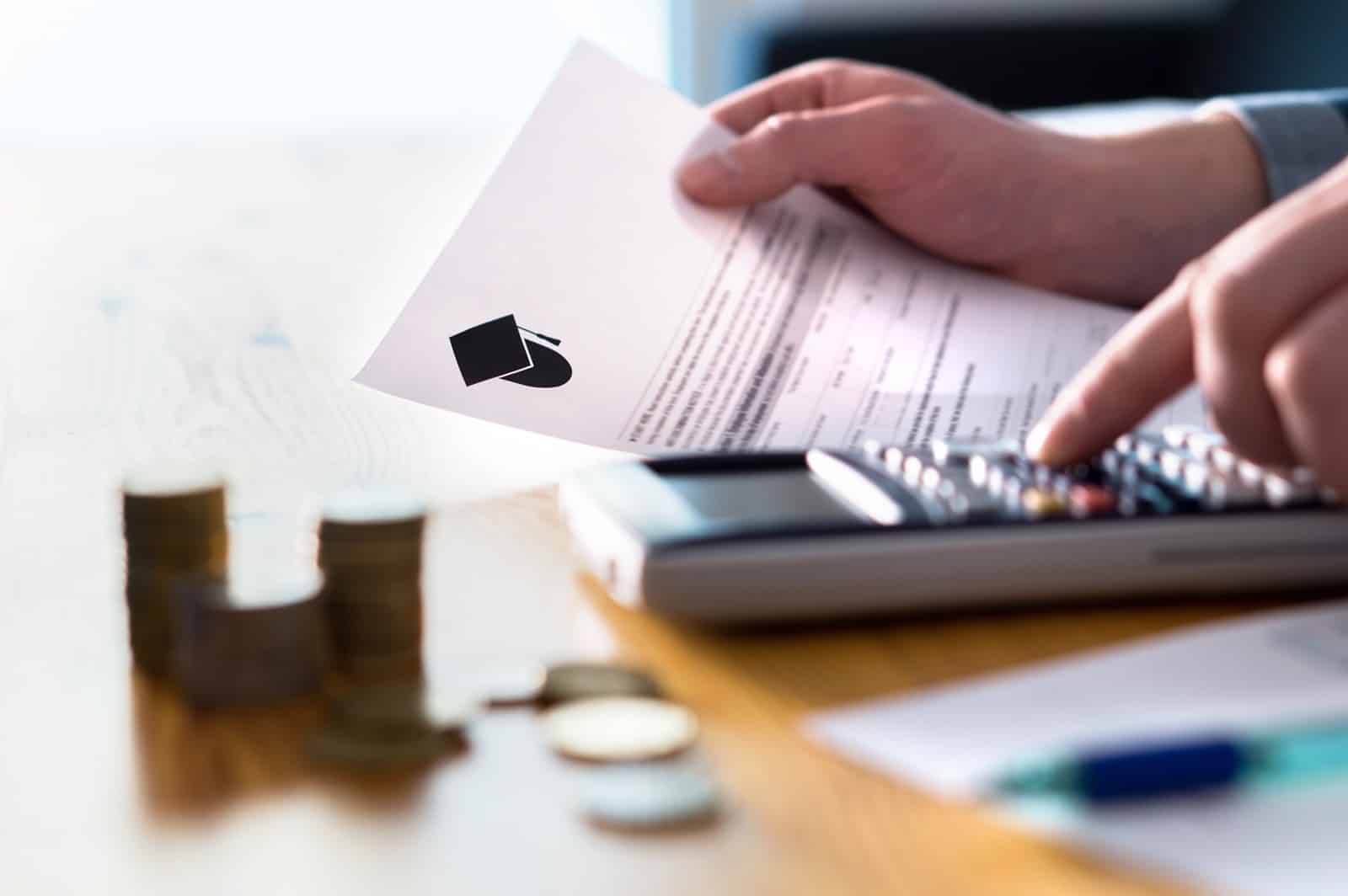
Instead, they have proposed specific measures, such as imposing VAT on private school fees to generate funds for hiring additional state school teachers.
“Not Be Increasing Income Tax”
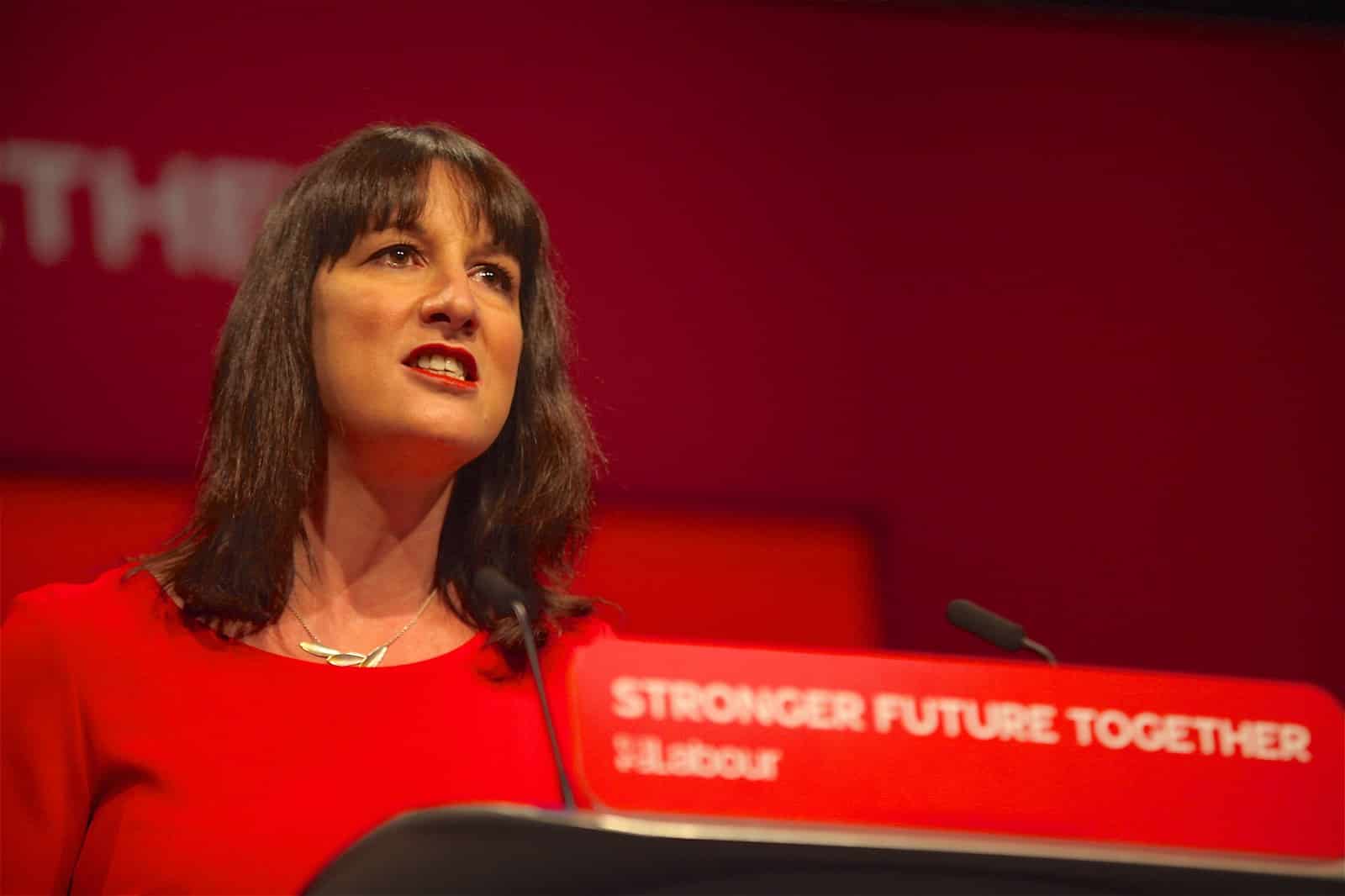
Reeves stated, “Labour will not be increasing income tax, national insurance or VAT. I want taxes on working people to be lower, not higher.”
“Buckled Under Pressure”
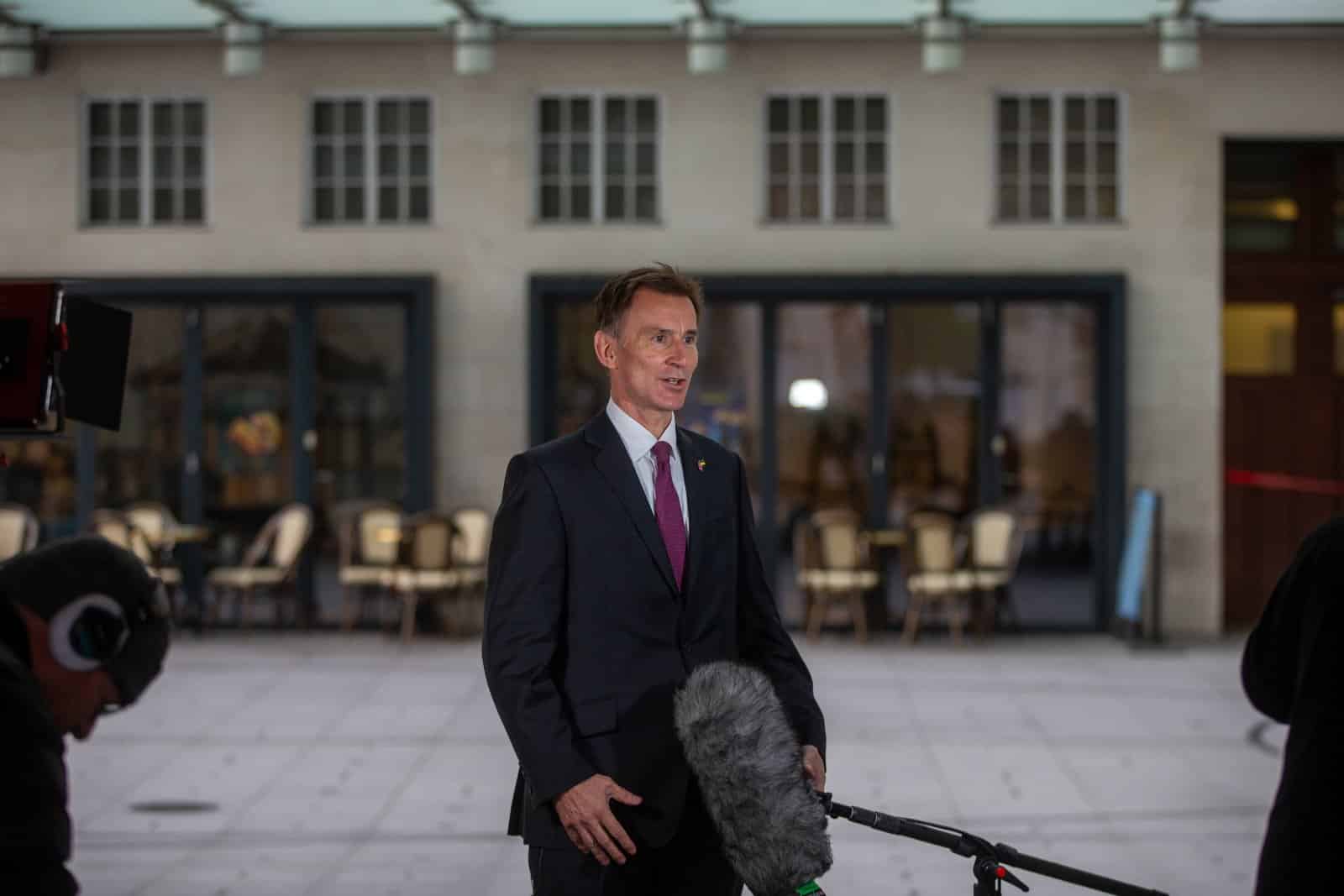
Following her announcement, Hunt claimed victory, stating that Labour had “buckled under pressure” to match his tax plans.
2% Target
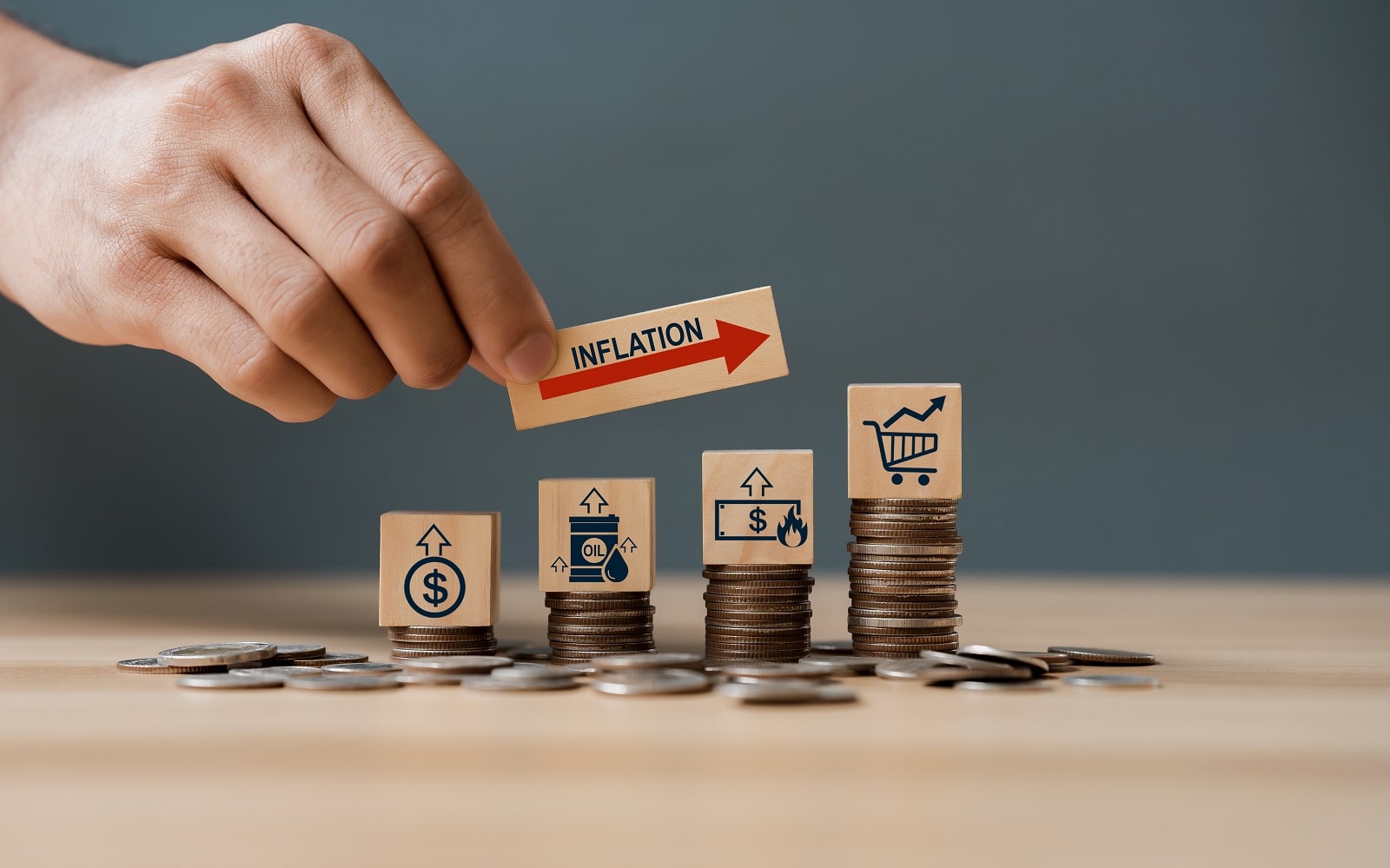
Hunt argued that raising VAT would harm family finances and risk increasing inflation, which the government strives to reduce to its 2% target.
“Fiscal Drag”
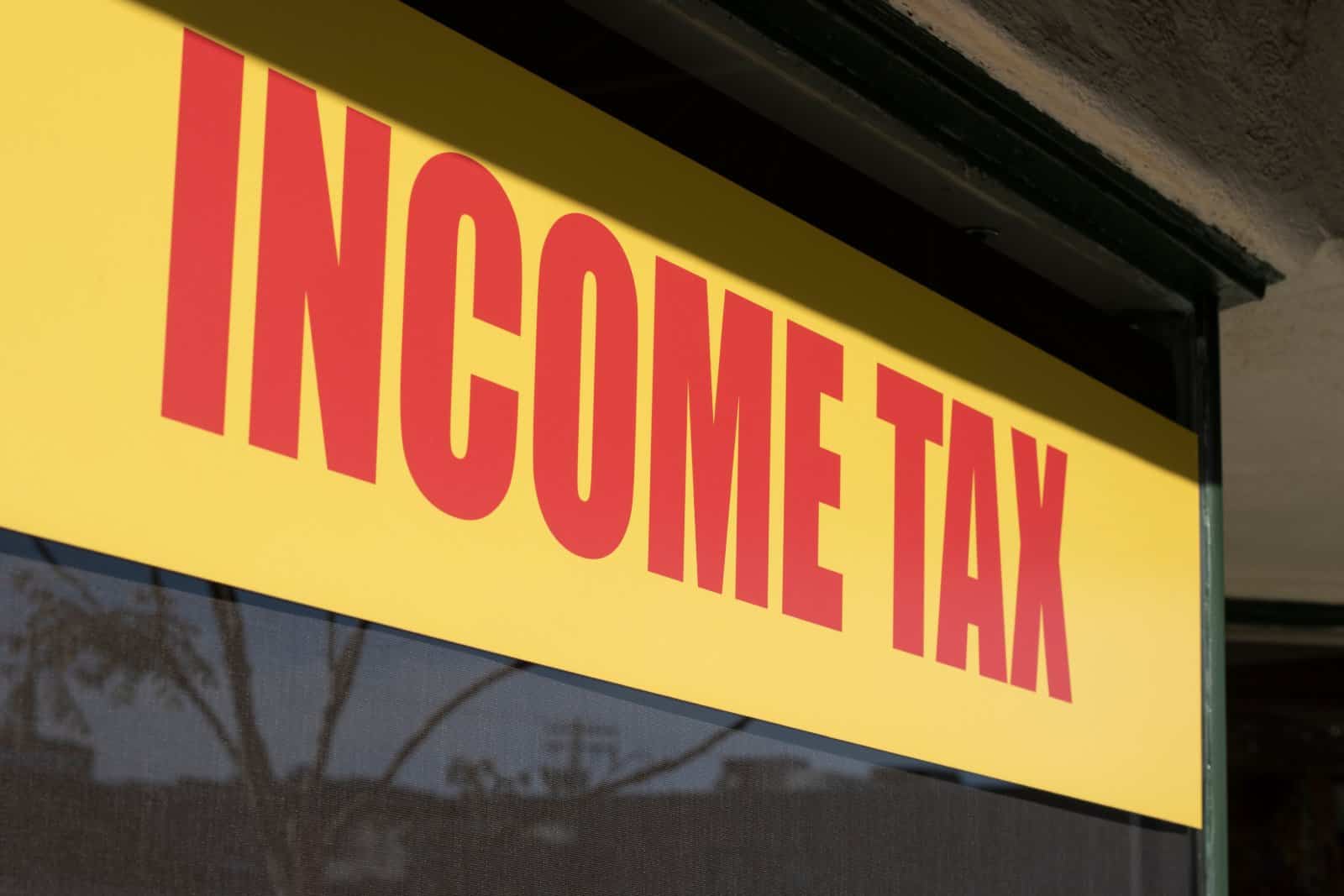
Despite ruling out rate increases, Hunt acknowledged that the current freeze on income tax thresholds would remain in place until 2028, thereby increasing the tax burden on many due to the phenomenon known as “fiscal drag.”
Inflation and Wage Growth

This effect occurs when inflation and wage growth push taxpayers into higher tax brackets despite no change in tax rates.
LibDem Plans

The Liberal Democrats have also laid out their plans for taxation, with Munira Wilson stating that her party would also not raise VAT, income tax, or National Insurance.
Reversing Tax Cuts

The Lib Dems propose reversing tax cuts for large banks and ensuring any tax changes are fair and equitable.
Fully Costed
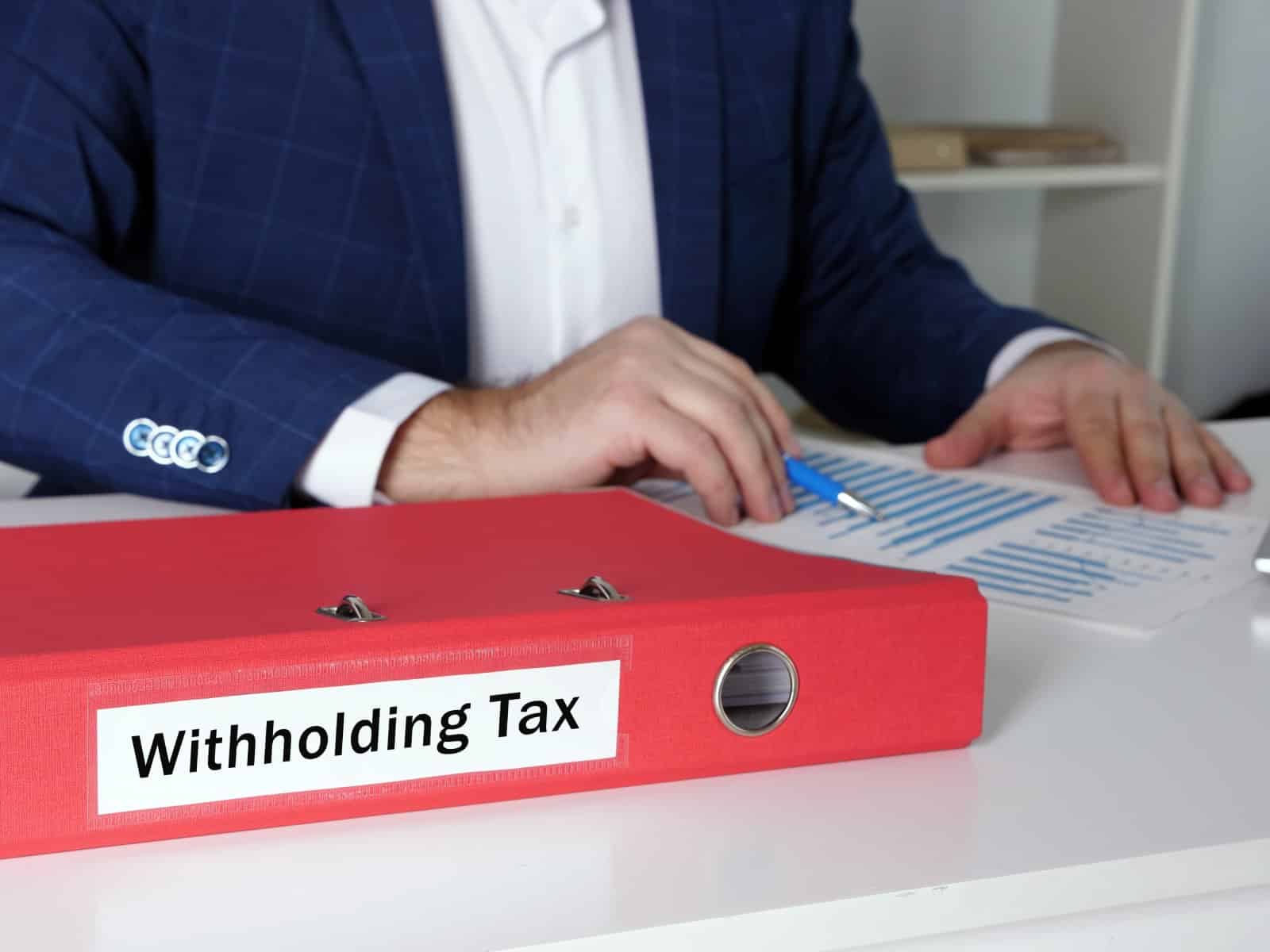
Their upcoming manifesto, which they promise will be fully costed, will detail the specifics of their tax policy.
Challenging Economic Conditions
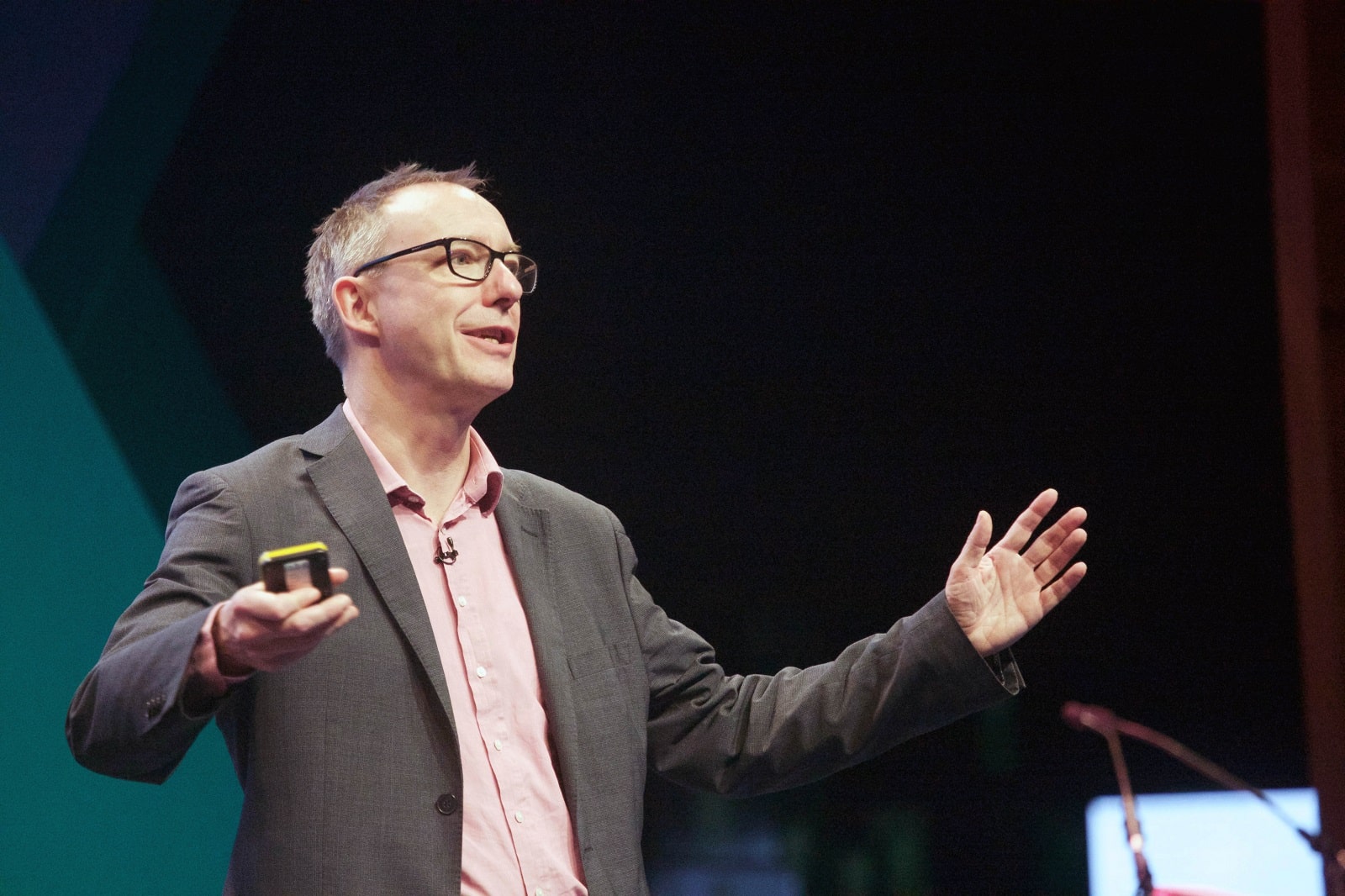
The Institute of Fiscal Studies (IFS) has highlighted the challenging fiscal landscape facing whichever party wins the election.
“Dark Cloud”

The IFS noted that the state of public finances casts a “dark cloud” over the campaign, with potential cuts to public services looming.
Tight Public Finances
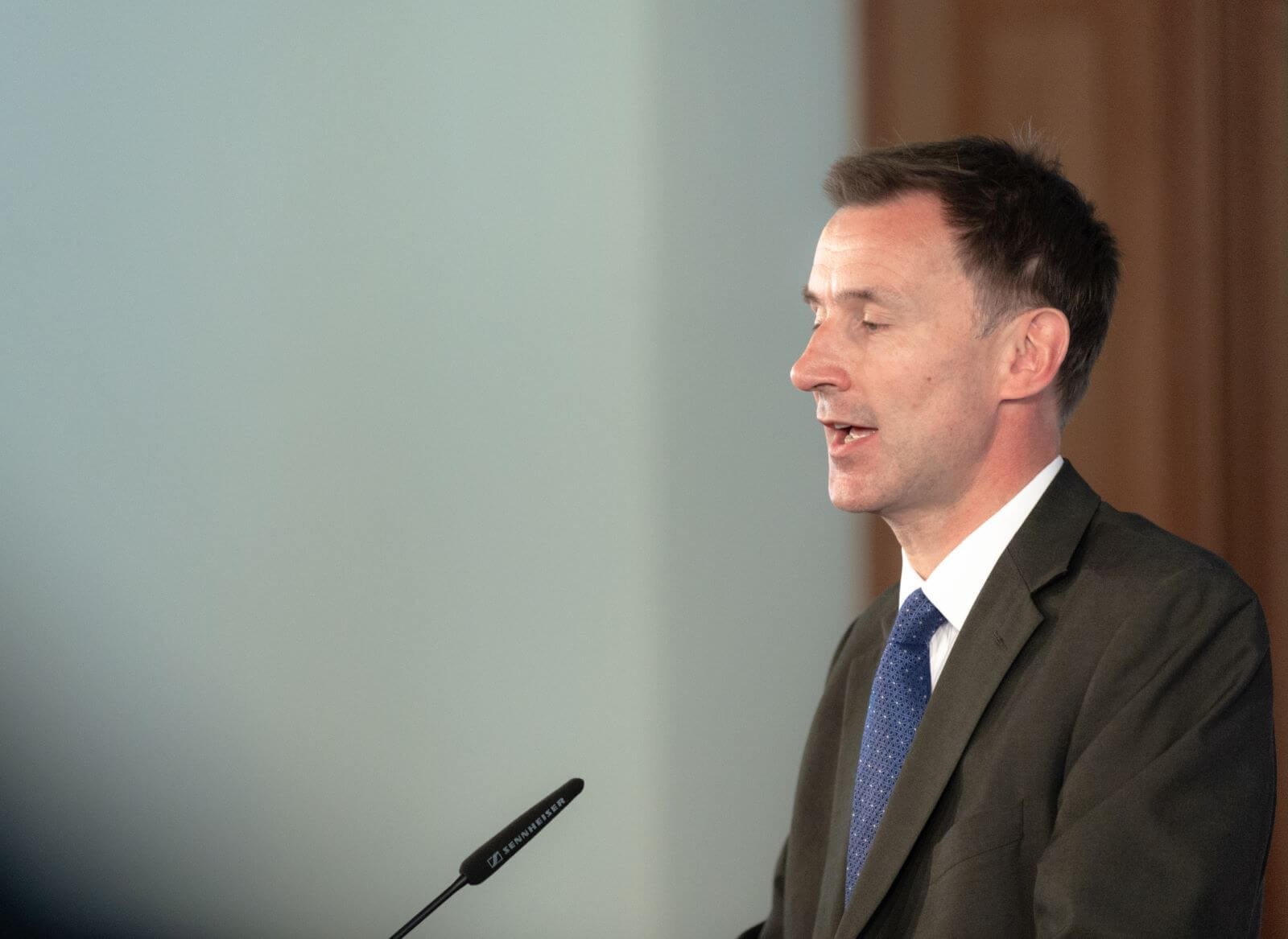
Hunt conceded that public finances are tight, citing the Office for Budget Responsibility’s forecast of potential annual cuts of around 2% for unprotected departments, such as courts and local government, unless changes are made.
Maintaining Income Tax Freeze

Both Labour and the Conservatives have committed to maintaining the current freeze on income tax thresholds until 2028. The Conservatives initially introduced this policy in response to the economic pressures of the COVID-19 pandemic.
Fiscal Drag

This freeze means that while tax rates remain unchanged, more people will be drawn into higher tax bands as their incomes increase, effectively raising taxes through fiscal drag.
Ending After 2028
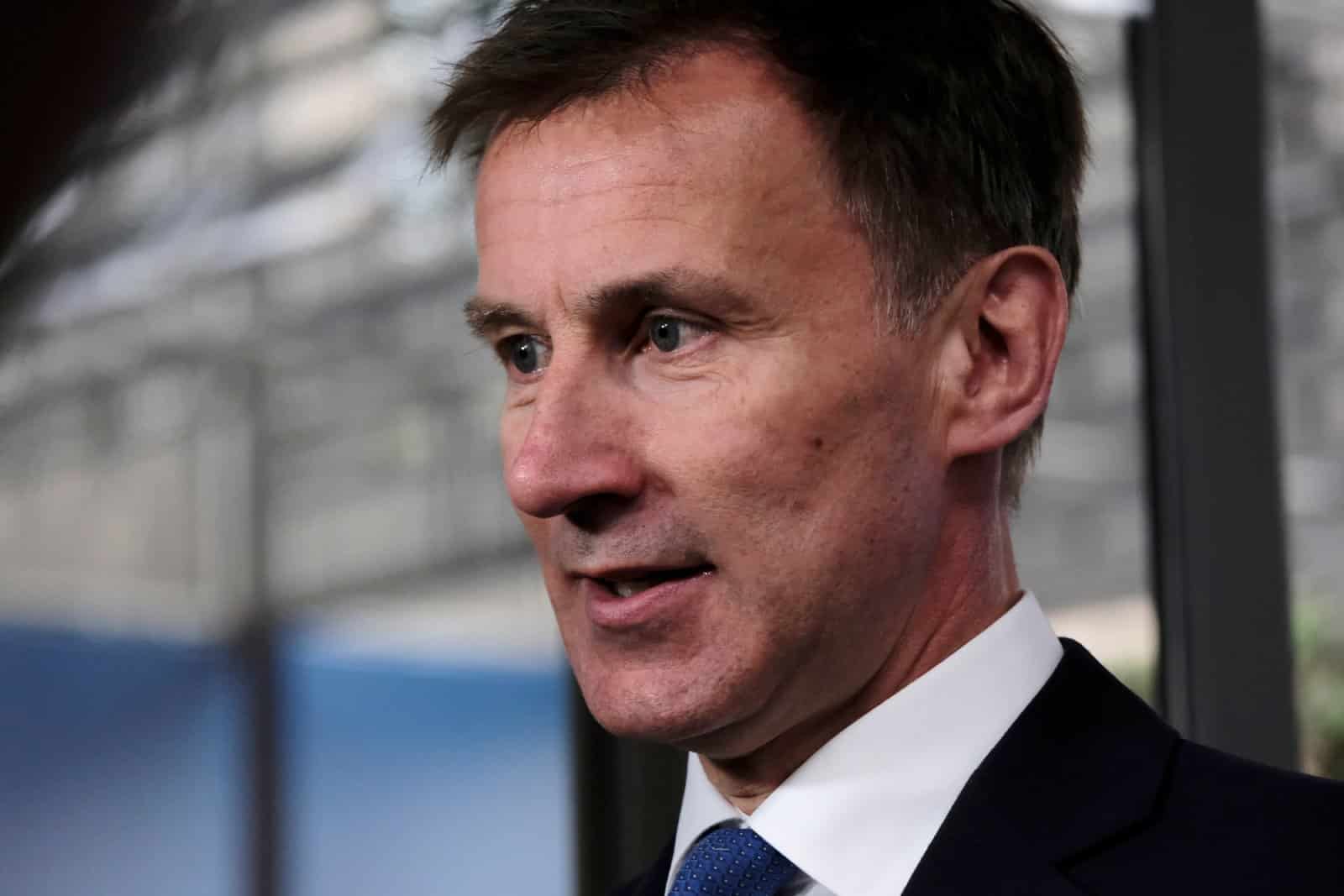
Hunt confirmed that these freezes would end after 2028, while Labour indicated they would also stick to this timeline.
Clear Stances
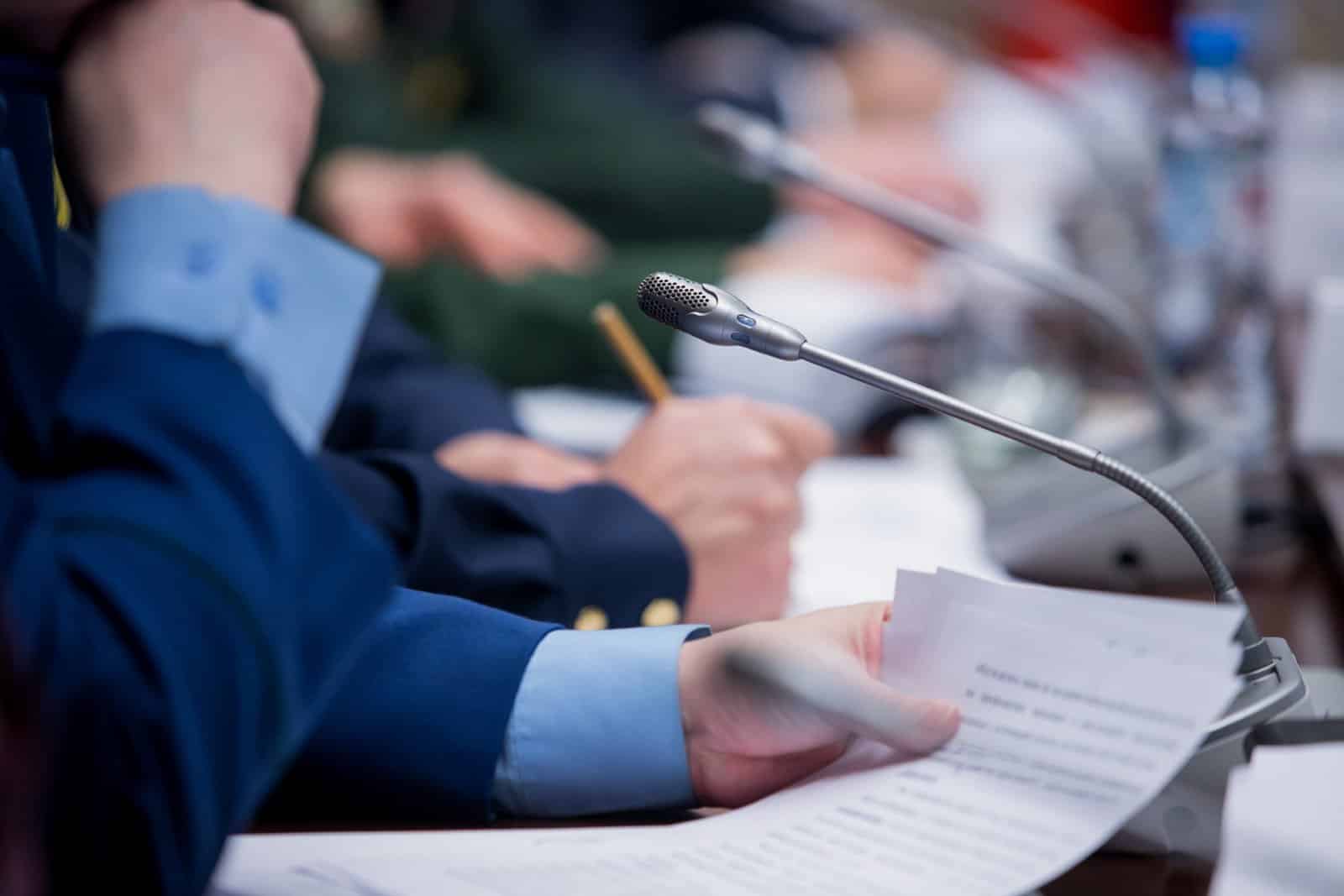
The major political parties have taken clear stances on VAT and other taxes as part of their election promises.
Managing Economic Stability
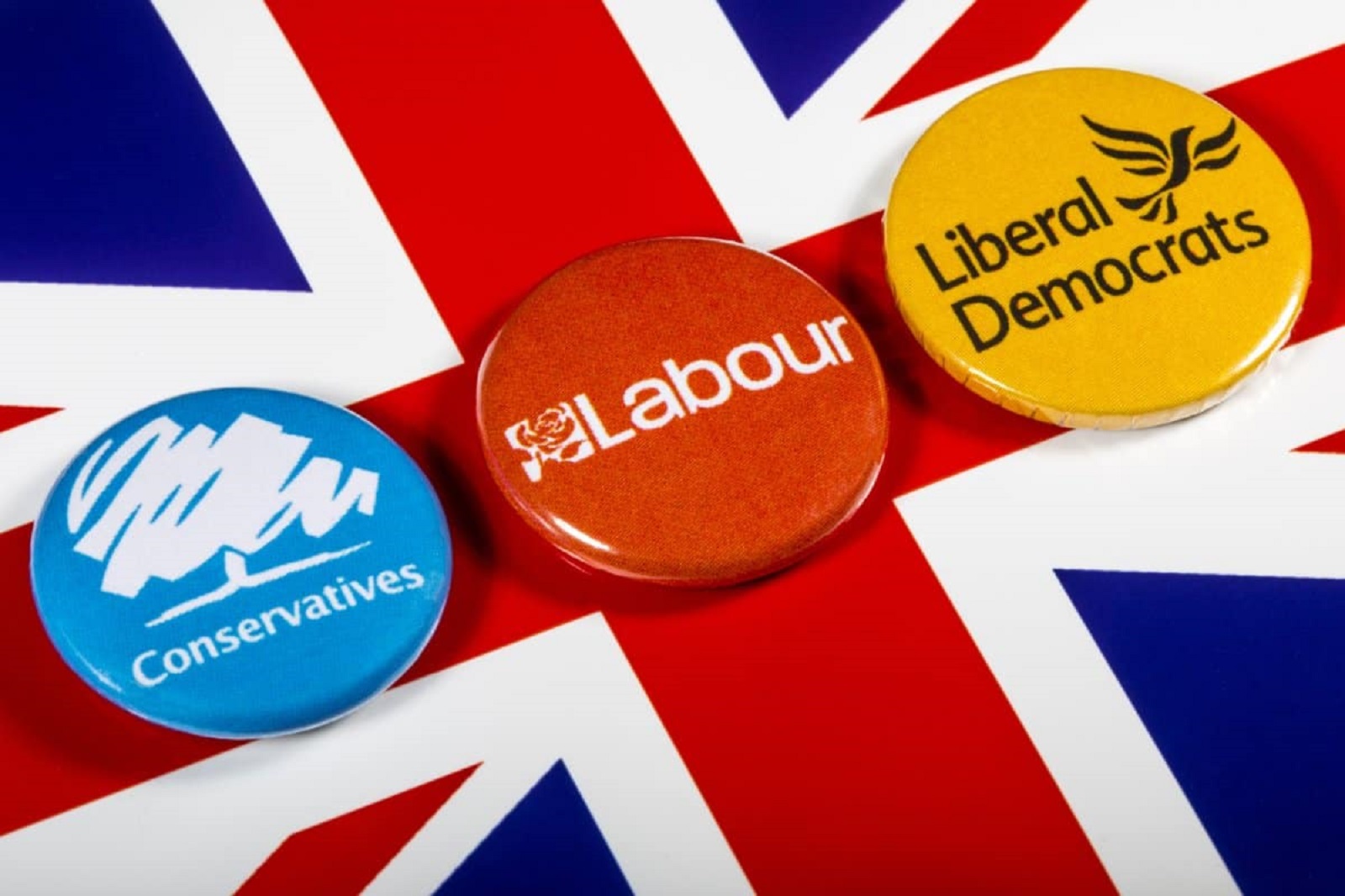
Labour, the Conservatives, and the Liberal Democrats have all ruled out increases to VAT, income tax rates, and National Insurance, focusing instead on managing economic stability and addressing public service funding through targeted measures.
Millions of Taxpayers
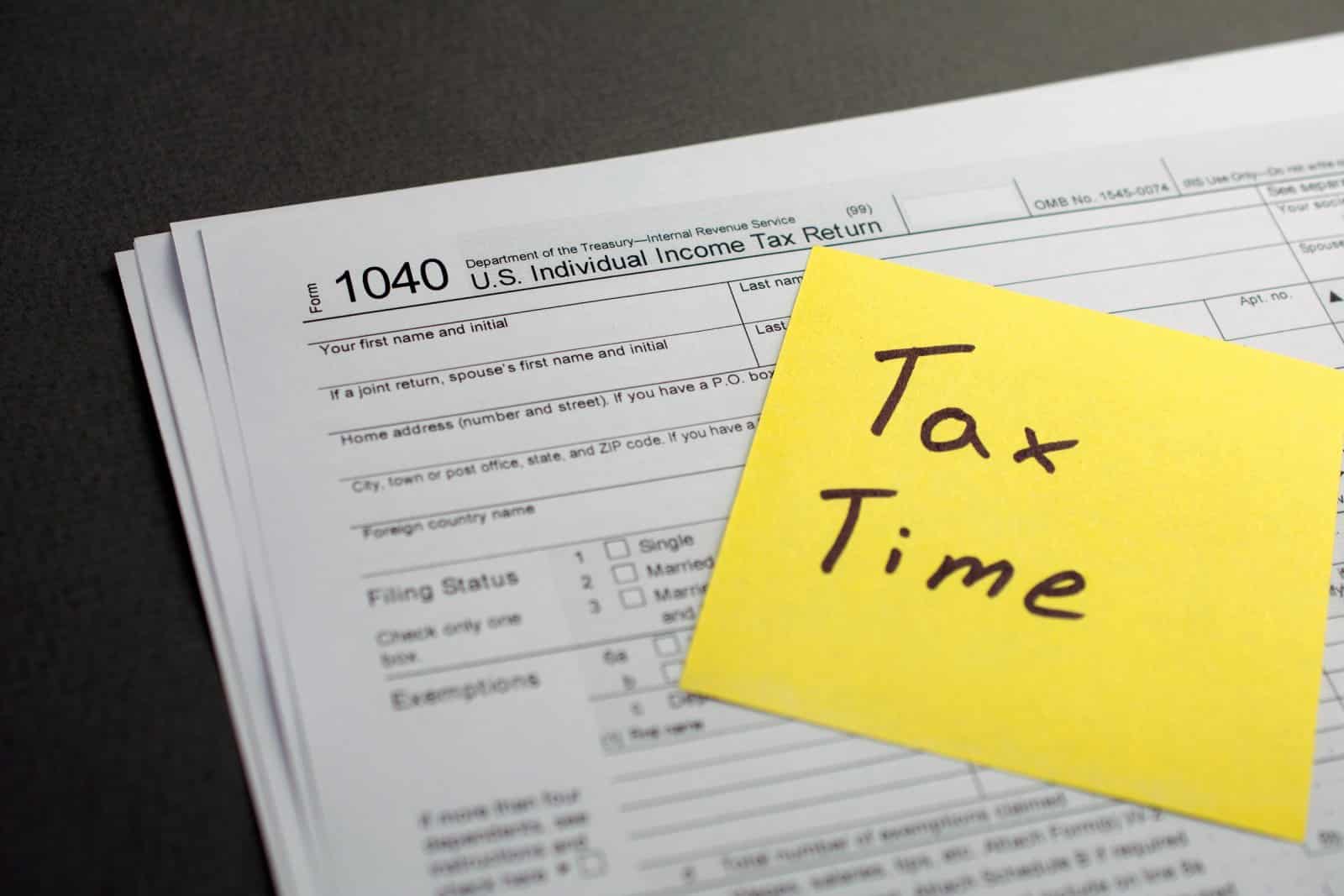
The ongoing freeze on income tax thresholds until 2028 is a shared policy that will impact millions of taxpayers, drawing more into higher tax bands as wages rise.
Small in Scope

As the election approaches, it remains to be seen if these economic policies, which are fairly small in scope, will be enough to convince voters that each party can be trusted to manage the country’s finances.
The post What Political Parties Are Proposing: Good and Bad Tax News for Voters first appeared on Swift Feed.
Featured Image Credit: Shutterstock / chrisdorney.

